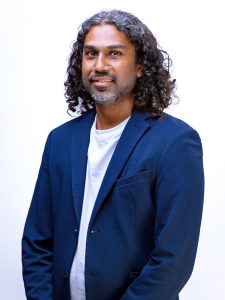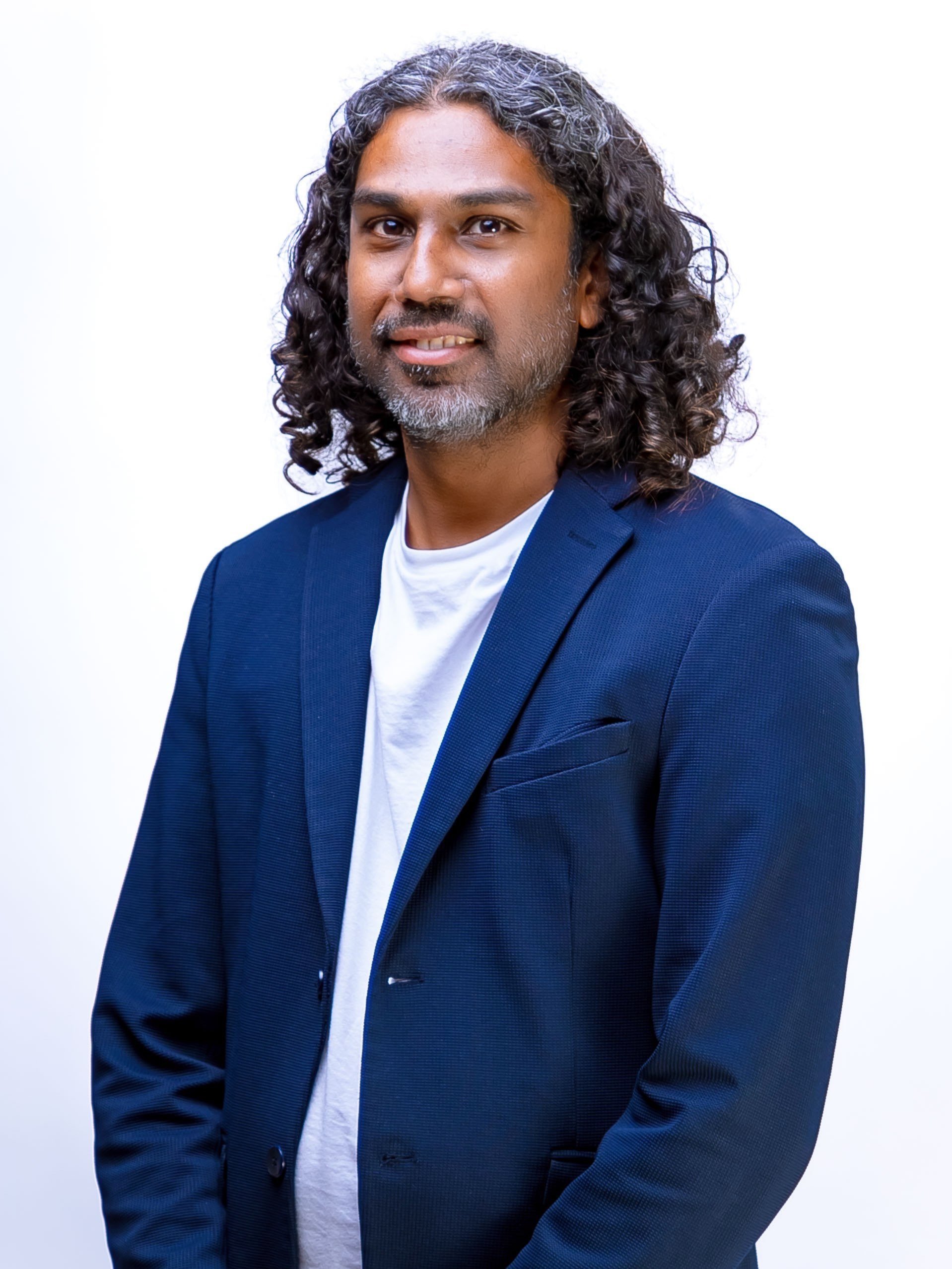
With over 60% of its population under the age of 25, Africa is the youngest continent in the world.[1] According to research by the United Nations and International Monetary Fund, by 2035, there will be more young Africans entering the workforce each year than in the rest of the world combined.[2] .
While Africa’s young people have an unparalleled opportunity to harness innovation and leadership, they also represent a challenge to our higher education sector. If their education fails to give them the skills they need, their potential will remain untapped, or they may choose to study and work outside Africa. If so, the continent will miss out on the economic growth that this demographic could deliver, and we could risk failing young people who might otherwise play a leading role in transforming Africa.
How, then, can African universities meet this challenge? To help address this question, we commissioned the ALU 2025 Africa Workforce Readiness Survey, a new pan-African study which focuses on nine different countries, including Ghana.
The survey looked at what Ghanaian school leavers want from higher education and their future careers, as well as what employers expect from new graduate hires.
Perhaps the most striking finding was that over half (57%) of young Ghanaians do not intend to stay in Africa after their education, while 78% of employers across Ghana agree that the “brain drain” is a significant issue for the continent’s future. Other studies reflect this alarming trend, suggesting 61% of Ghanaians, mainly those who are highly educated, young, or unemployed, are considering leaving the country.
What then can be done to address this issue? Graduates need to feel they have opportunities within Africa, but employers also need to be confident that graduates have the skills they need.
Ghana saw an unexpected rate of economic growth last year, driven by a robust performance in the country’s industrial sector. And while Africa has the potential to lead the world in sectors like technology, renewable energy and agriculture, this requires a workforce that is equipped with not only technical but also soft skills.
Employers want graduates who can hit the ground running in terms of thinking on their feet, solving problems, and working well with others. Yet our recent survey found that employers view graduates as underprepared, with over one-third (34%) of Ghanaian employers unable to agree that higher education prepares graduates well for the job market.
This raises the question of exactly what skills employers want from new hires. According to our survey, the skills most sought-after by Ghanaian employers are largely practical and people-oriented, including analytic thinking (44%), teamwork (41%), problem-solving skills (26%), innovation and creativity (24%), and emotional intelligence (14%). If traditional academic systems continue to emphasise theory over practice and produce graduates without the skills that employers value, this will exacerbate unemployment and underemployment.
Already, Ghana has seen a rise in its unemployment, with 592,000 people not in employment as of last year, up from 582,000 in 2023. And with the rise of Generative AI, the skills needed in the workplace are constantly changing, so we need to stay responsive to a rapidly evolving picture.
There is also another important dimension to the practical side of education – namely, the experience that employers themselves are able to provide. Ghanaian students are seeking more opportunities to gain practical experience while still at university, and our survey established that two of their main priorities when choosing a university were the “ability to gain work experience during my studies” (62%) and “finance and scholarship opportunities” (43%).
In other words, they recognise that theoretical knowledge alone will not fully equip them for the workforce: learning from practitioners is crucial. This means universities must integrate internships, apprenticeships and cooperative education into their programmes to give students hands-on experience.
To align academic learning with industry needs, we believe that institutions should build stronger partnerships with local and international businesses. That’s why at ALU, we send a cohort of students to Silicon Valley every year to learn from the brightest minds in tech. Governments are also partnering with universities to help train their future leaders through blended learning programs, including at ALU with our Togo Digital Ambassadors Program.
To help secure Africa’s future, we first need to prioritise higher education reform. If we continue to neglect this, we risk losing millions of young people who could be the catalysts for economic transformation.
Programs that blend academic study with practical work experience should be the norm, not the exception, and students should graduate with both a degree and a portfolio of real-world accomplishments.
Ultimately, rethinking higher education isn’t just a matter of improving quality: it’s about creating a more prosperous path forward. It’s now time for governments, universities and the private sector to unite in providing a practical, skills-based education for today’s students. If we can help them tackle the realities of work and leadership in the 21st century – rather than sending them into the workplace unprepared – we will have given them the best possible chance of success.


